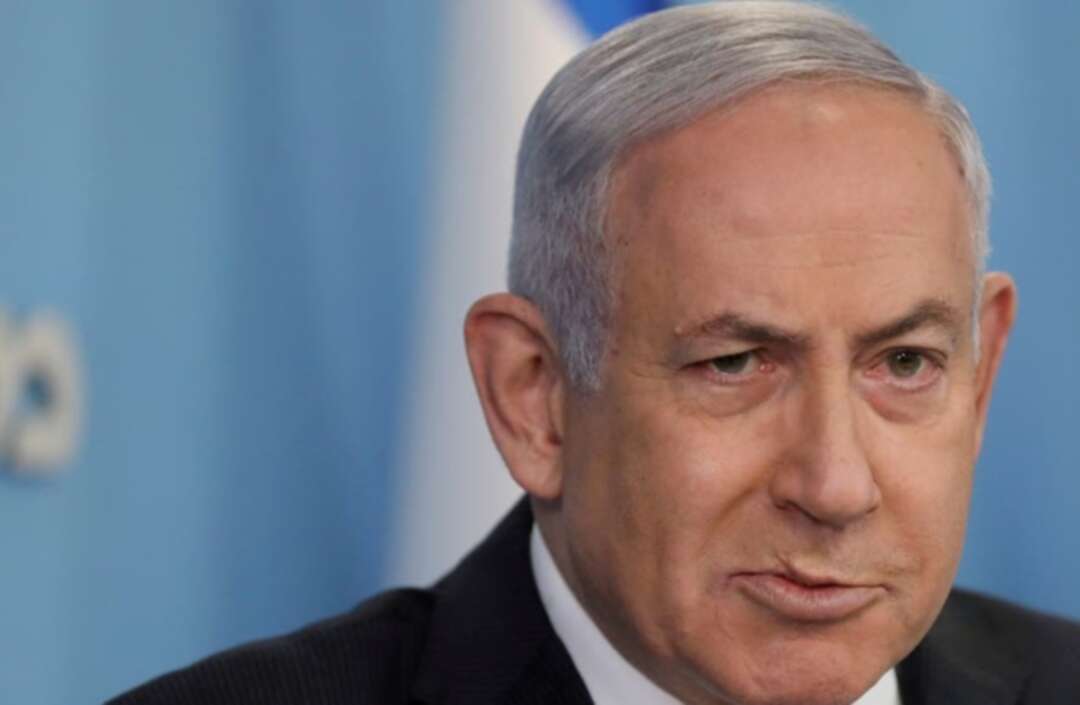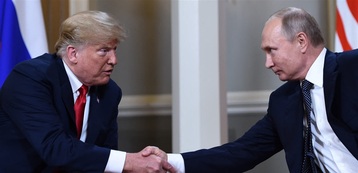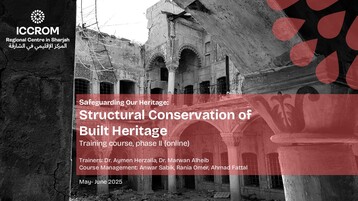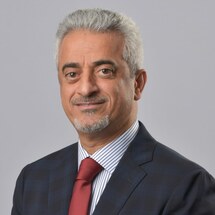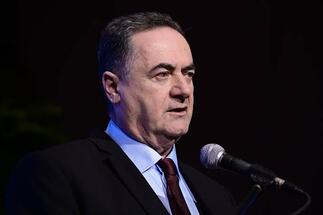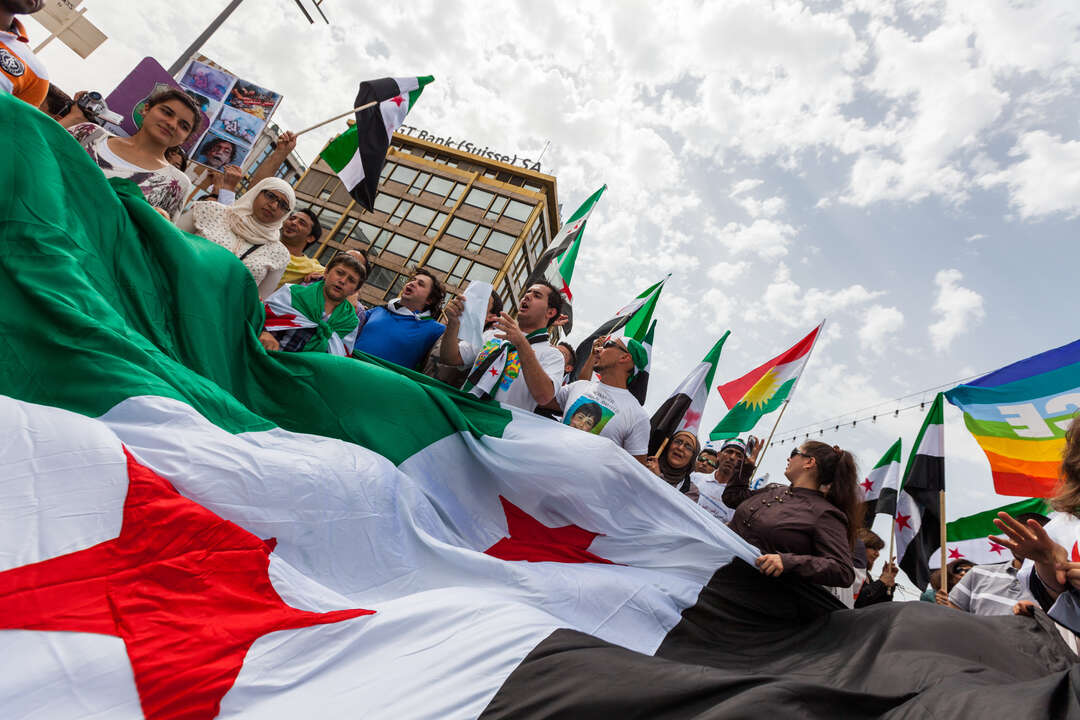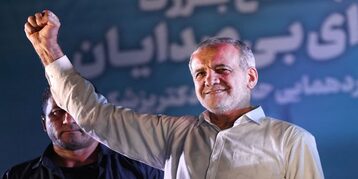-
Institute of the Arab World in Paris Celebrates the First Anthology of Palestinian Women Poets
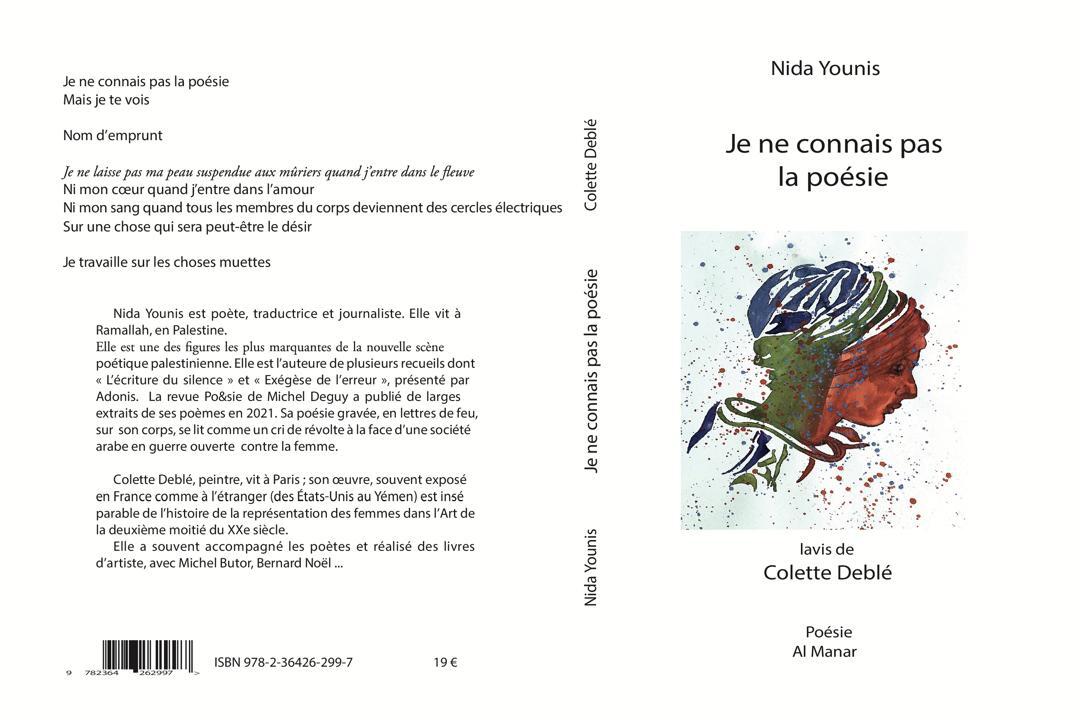
The Institute of the Arab World in Paris organized a poetic musical evening on Friday to celebrate the release of the first part of the first contemporary anthology of Palestinian women's poetry, prepared and presented by Palestinian poet Nidaa Younes under the title "Fragmented Palestine."
This is the first anthology fully dedicated to the voices of Palestinian women poets from various geographies: from the Palestinian interior (1948), Gaza, the West Bank, Jerusalem, and from the diaspora. The anthology does not merely compile poetic texts but serves as a literary, critical, and historical document tracing the transformations in the poetic discourse written by Palestinian women, redrawing the map of Palestine through these poetic experiences that intersect with the times of exile, homeland, and identity, focusing on themes of body, language, memory, and land.
Poet Younes stated that this anthology, with its first part published in Arabic by Dar Al-Minhaj in Beirut and in French by Dar Al-Manar, and the second part recently completed, provides a panoramic historical view of Palestinian poetry written by 115 Palestinian women poets from the early 20th century to the present time. It offers a broad space for the voices of Palestinian female poets who have presented new and bold perspectives on their issues, ranging from resistance and identity to more intimate themes such as motherhood, home, and body, where new approaches to the experiences of body, self, and individual struggle emerge, challenging political and social censorship.
Younes pointed out that these texts contribute to reshaping the Palestinian narrative from a feminist perspective, reflecting the complexities of reality in its social and political dimensions, and highlighting the role of Palestinian women poets as key agents in literary and cultural production and in building the Palestinian narrative from a humanistic poetic perspective that resists marginalization and celebrates their humanity under occupation.
The evening, organized under the supervision of the institute's General Director, poet Shawqi Abdul Amir, and led by the translator of this anthology, theater artist and translator Mohammad Qasimi, highlighted the anthology's themes and its cultural and political significance against the backdrop of genocide and erasure. It featured researchers Suhad Ajsoos-Benstein, a lecturer in the Arabic Studies Department at Paris 8 University (Vincennes) specializing in cultural studies, translation studies, modern Arab thought, with a special focus on Palestinians within the occupied territories of 1948, Arab-Jewish relations in Palestine, and pre-1948 Palestinian cultural archives and resistance against anti-Semitism in Arabic texts and visual cultures (1894 to the present). Stephanie Lat Abdallah, a researcher and academic specialized in cultural anthropology, who works on issues of refugees, Palestinian diaspora, identity, borders, memory, and exile, also participated.
Younes added that the participants discussed several complex and sensitive issues regarding war, mass detention, the occupation's reality, and poetry as a means of expression and protest. The participants emphasized a fundamental shift in the Palestinian literary scene away from the dominance of male voices that have overshadowed the literary landscape for many decades. The poetry written by female poets tends to lean more toward personal and bodily experiences and addressing complex human and social issues related to the lives of Palestinian women under occupation, moving away from the political slogans that once prevailed, thus contributing to reshaping the Palestinian literary scene.
Regarding the concept of "futuricide," the speakers addressed the issue as a new term highlighting the Israeli policy aimed at depriving Palestinians of any horizon for the future, amid the occupation's adoption of a "open prisons" policy, with Gaza symbolizing this type of prison. This situation has also extended to the West Bank, where Palestinians suffer from geographical and political division, political censorship, and repression aimed at preventing pro-Palestinian activists from expressing their political and humanitarian positions regarding the Palestinian cause. It is noteworthy that describing what is happening in Palestine as genocide has become more accepted among certain political and media circles in France.
This evening, held against the backdrop of the ongoing war on Gaza and the siege of Palestinian memory, affirmed the role of words in resisting cultural genocide.
Poet Nidaa Younes stated during the evening that this anthology does not merely gather poems but grants Palestinian women poets their right to be heard, to see their impact, and to keep Palestine alive. She emphasized that this work is a "celebration of poetry," but also a "confirmation that Palestine, despite being fragmented, is still capable of singing"; that poetry has the ability to "stitch the wound" and that Palestinian women poets, by writing about the body, land, language, and exile, redraw the real map of Palestine through poetry, building bridges of artistic and written expression that transcend political and geographical boundaries and provide a human extension befitting it.
Younes praised the efforts of the Institute of the Arab World, which hosted this cultural event at a time when Palestinian heritage suffers from systematic erasure, noting the coincidence
You May Also Like
Popular Posts
Caricature
BENEFIT Sponsors BuildHer...
- April 23, 2025
BENEFIT, the Kingdom’s innovator and leading company in Fintech and electronic financial transactions service, has sponsored the BuildHer CityHack 2025 Hackathon, a two-day event spearheaded by the College of Engineering and Technology at the Royal University for Women (RUW).
Aimed at secondary school students, the event brought together a distinguished group of academic professionals and technology experts to mentor and inspire young participants.
More than 100 high school students from across the Kingdom of Bahrain took part in the hackathon, which featured an intensive programme of training workshops and hands-on sessions. These activities were tailored to enhance participants’ critical thinking, collaborative problem-solving, and team-building capabilities, while also encouraging the development of practical and sustainable solutions to contemporary challenges using modern technological tools.
BENEFIT’s Chief Executive Mr. Abdulwahed AlJanahi, commented: “Our support for this educational hackathon reflects our long-term strategic vision to nurture the talents of emerging national youth and empower the next generation of accomplished female leaders in technology. By fostering creativity and innovation, we aim to contribute meaningfully to Bahrain’s comprehensive development goals and align with the aspirations outlined in the Kingdom’s Vision 2030—an ambition in which BENEFIT plays a central role.”
Professor Riyadh Yousif Hamzah, President of the Royal University for Women, commented: “This initiative reflects our commitment to advancing women in STEM fields. We're cultivating a generation of creative, solution-driven female leaders who will drive national development. Our partnership with BENEFIT exemplifies the powerful synergy between academia and private sector in supporting educational innovation.”
Hanan Abdulla Hasan, Senior Manager, PR & Communication at BENEFIT, said: “We are honoured to collaborate with RUW in supporting this remarkable technology-focused event. It highlights our commitment to social responsibility, and our ongoing efforts to enhance the digital and innovation capabilities of young Bahraini women and foster their ability to harness technological tools in the service of a smarter, more sustainable future.”
For his part, Dr. Humam ElAgha, Acting Dean of the College of Engineering and Technology at the University, said: “BuildHer CityHack 2025 embodies our hands-on approach to education. By tackling real-world problems through creative thinking and sustainable solutions, we're preparing women to thrive in the knowledge economy – a cornerstone of the University's vision.”
opinion
Report
ads
Newsletter
Subscribe to our mailing list to get the new updates!

